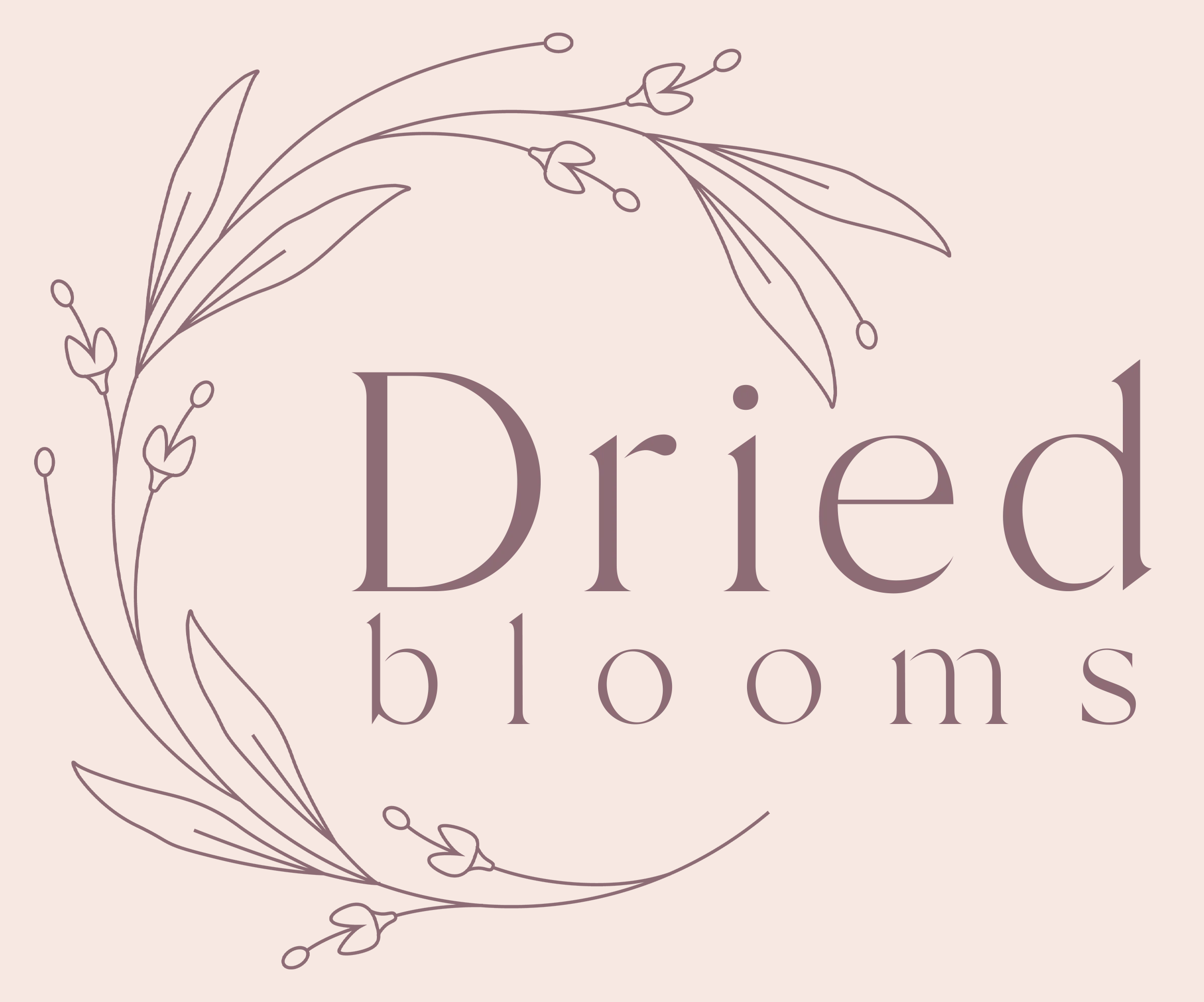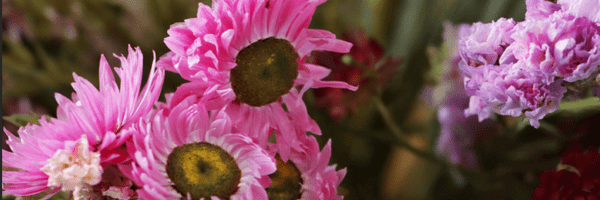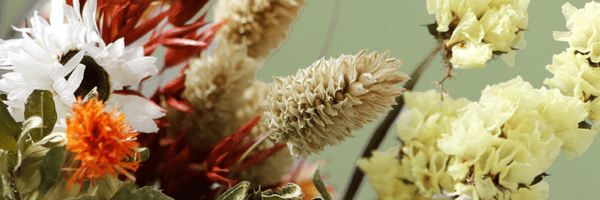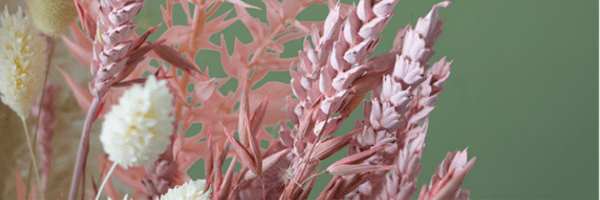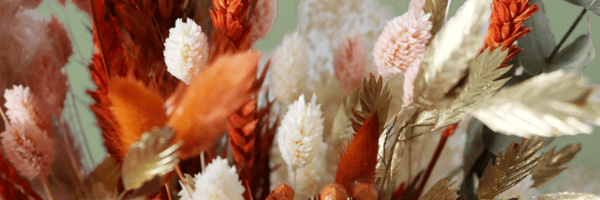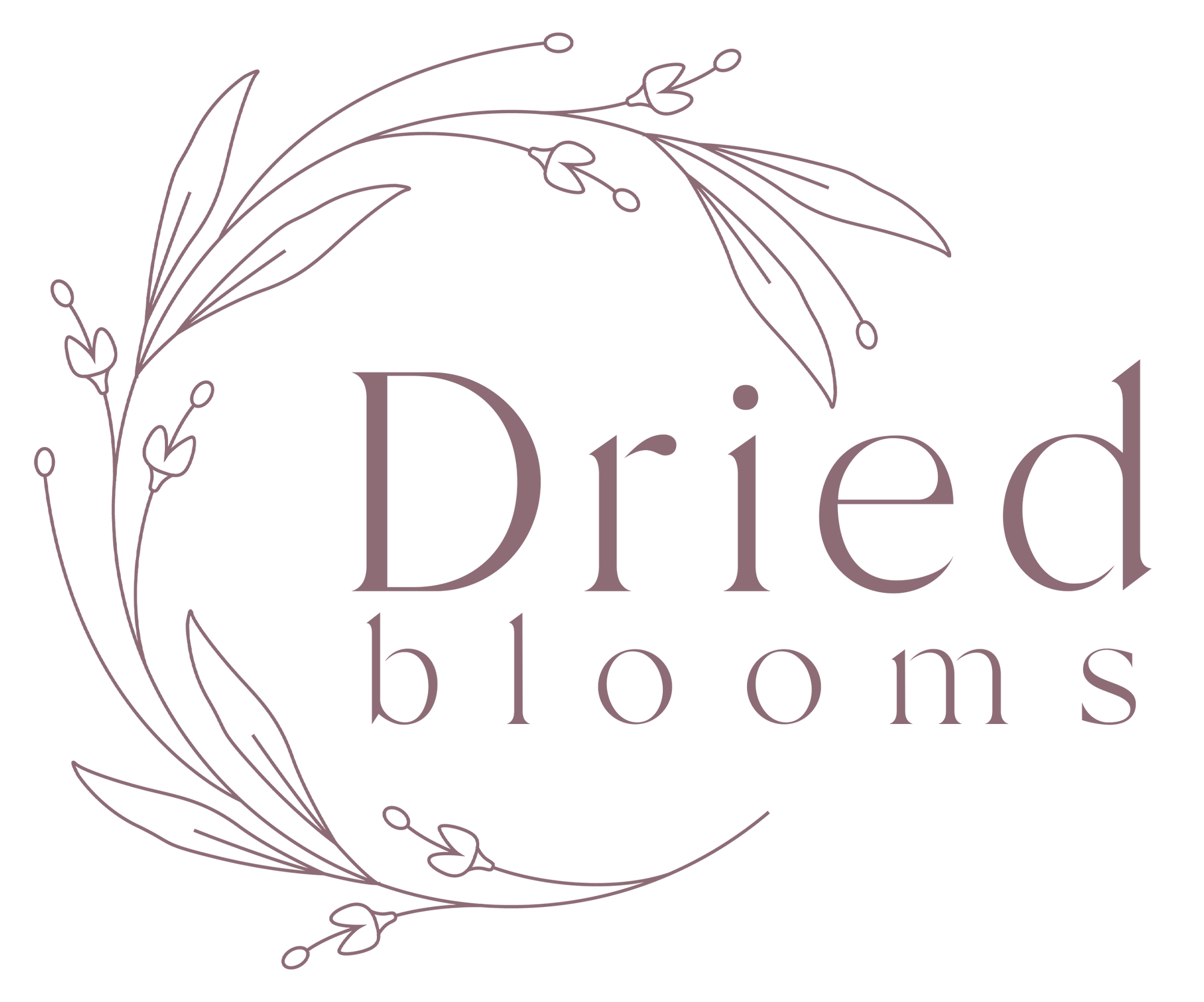As more people look for sustainable choices in their homes and lifestyles, dried flowers have become a popular alternative to fresh blooms. But are dried flowers really eco-friendly? In this post, we’ll explore the environmental impact of dried flowers, how they compare to fresh flowers, and why they might be the greener option for your home or business.
What Are Dried Flowers?
Dried flowers are real flowers that have been preserved by removing their moisture. This can be done through air drying, pressing, or using silica gel. The result is a long-lasting, natural decoration that retains much of the original beauty of the bloom. If you’re interested in learning more about these preservation techniques, check out our detailed guide on How to Dry Flowers at Home: 4 Easy Methods.
Are Dried Flowers Eco-Friendly?
In many cases, yes. Dried flowers can be a more environmentally friendly option compared to fresh flowers, especially when sourced and processed responsibly. Here are some of the eco-benefits:
-
Longer Lifespan: Unlike fresh flowers that wilt within days, dried flower arrangements can last for months or even years with proper care.
-
Less Waste: Because of their durability, dried flowers reduce the frequency of replacement, leading to less waste overall.
-
No Refrigeration Required: Fresh flowers often require refrigeration during transport and storage, consuming significant energy. Dried flowers, on the other hand, do not need refrigeration.
-
Fewer Chemicals: Many fresh flowers are treated with pesticides and preservatives. Dried flowers, especially organic or naturally dried varieties, often require fewer chemicals.
Considerations for Sustainability
Not all dried flowers are created equal. If you want to ensure your choice is truly eco-friendly, consider the following:
-
Local Sourcing: Buying dried flowers in the UK supports local growers and reduces the carbon footprint associated with long-distance shipping.
-
Avoid Dyed or Bleached Flowers: Some dried flowers are artificially coloured or bleached, which can involve harmful chemicals. Opt for natural tones when possible.
-
Reuse and Compost: When you're done with your dried flowers bouquet, consider composting it (if untreated) or reusing the stems in crafts or décor.
Why Choose Dried Flower Arrangements?
Dried flower arrangements offer timeless beauty and a rustic, elegant aesthetic that suits a wide range of spaces and occasions. They are perfect for:
-
Home décor
-
Weddings and events
-
Gifts
-
Office settings
They also provide a low-maintenance alternative to fresh flowers with no need for watering or regular replacement.
For creative inspiration on how to style dried flowers in your space, explore our collection of 10 Stunning Dried Flower Arrangement Ideas for Every Room.
Final Thoughts
If you're looking for a stylish and eco-friendly alternative to fresh blooms, dried flowers are a wonderful choice. When sourced responsibly, they offer sustainability benefits, long-lasting beauty, and versatile design options. Next time you’re thinking about adding florals to your space, consider a dried flowers bouquet that brings nature indoors – with less environmental impact.
FAQs
Are dried flowers better for the environment than fresh flowers?
Yes, dried flowers often have a smaller environmental footprint because they last much longer, require no refrigeration, and usually need fewer chemicals than fresh flowers.
How long do dried flower arrangements typically last?
With proper care, dried flower arrangements can last anywhere from several months to a few years, making them a sustainable and long-lasting décor option.
Where can I buy eco-friendly dried flowers in the UK?
Many UK-based florists and online shops specialize in sustainable dried flowers and dried flowers bouquets. Look for local sellers who prioritize natural drying methods and avoid chemical dyes.
Can I compost dried flowers after use?
Yes, untreated dried flowers can generally be composted, helping reduce waste. However, dyed or chemically treated flowers should be disposed of according to local guidelines.
